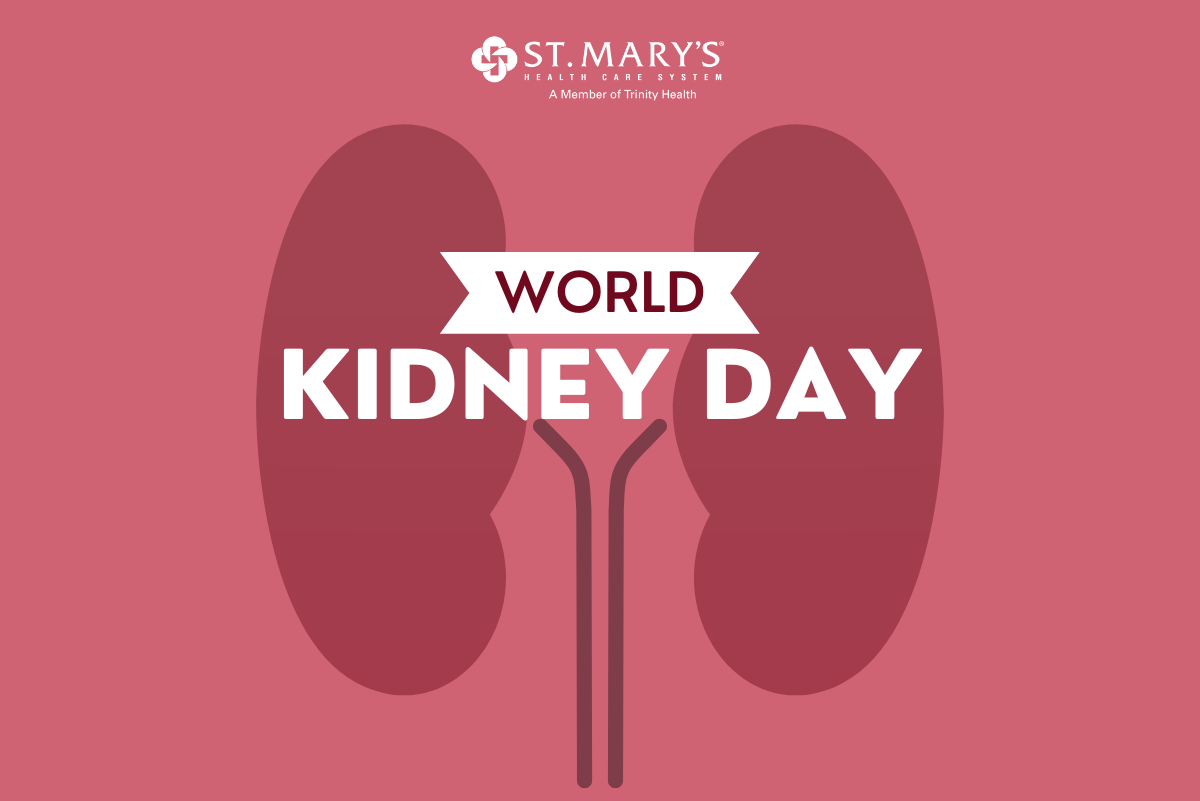Chronic Kidney Disease is Common Among US Adults
March 7, 2023More than 1 in 7 US adults are estimated to have chronic kidney disease
Kidneys can filter all the blood in your body every 30 minutes. These organs remove toxins, wastes, and extra fluid. The kidneys also regulate blood pressure, help with the production of red blood cells, maintain healthy bones, and balance the blood chemicals essential to life.
It is important for your kidneys to functional properly as they are critical to maintaining good health. But roughly 37 million American adults are estimated to experience chronic kidney disease.
What is Chronic Kidney Disease?
Chronic kidney disease, also known as CKD and chronic kidney failure, occurs when the kidneys are damaged and can no longer filter blood efficiently. This can cause excess fluid and waste from the blood to stay in the body and create additional health problems, such as heart disease or stroke. Other health complications of chronic kidney disease may include:
- Anemia or low count of red blood cells
- Low calcium levels
- High potassium and phosphorus levels
- Loss of appetite
- Depression
What are the Risk Factors of Chronic Kidney Disease?
- Diabetes
- High blood pressure
- Heart disease
- Family history of CKD
- Obesity
What are the Symptoms of Chronic Kidney Disease?
Individuals may not feel ill or display any symptoms with CKD. It is important to get specific blood and urine tests to measure creatine levels in the blood and protein in the urine to properly diagnose chronic kidney disease.
If left untreated, chronic kidney disease can lead to kidney failure and early cardiovascular disease. If the kidneys stop working, dialysis or kidney transplant would be needed for survival.
What Are Some Kidney-Friendly Tips?
- Have diabetes? Stay in your target blood sugar range as closely as possible.
- Be active. This can help regular blood pressure and blood sugar levels.
- Smoker? Quit. Smoking can worsen kidney disease and interfere with medication that lowers blood pressure.
- Talk to a nephrologist (kidney doctor) to learn more ways to better protect your kidney health!
Simple blood test prescribed by your PCP is the first step. This is often done routinely as part of an annual physical or wellness exam.
Get Tested
Urine and blood tests can be used to detect chronic kidney disease. The current key markers include:
- An abnormal urine albumin levels
- Consistent reduction in glomerular filtration rate (eGFR)
In many cases, chronic kidney disease is detected during a routine blood or urine test during your annual physical or wellness exam. Talk to your primary care physician (PCP) about scheduling your blood or urine test to see if you have chronic kidney disease. If you don’t have a PCP, connect with one at St. Mary’s today!

